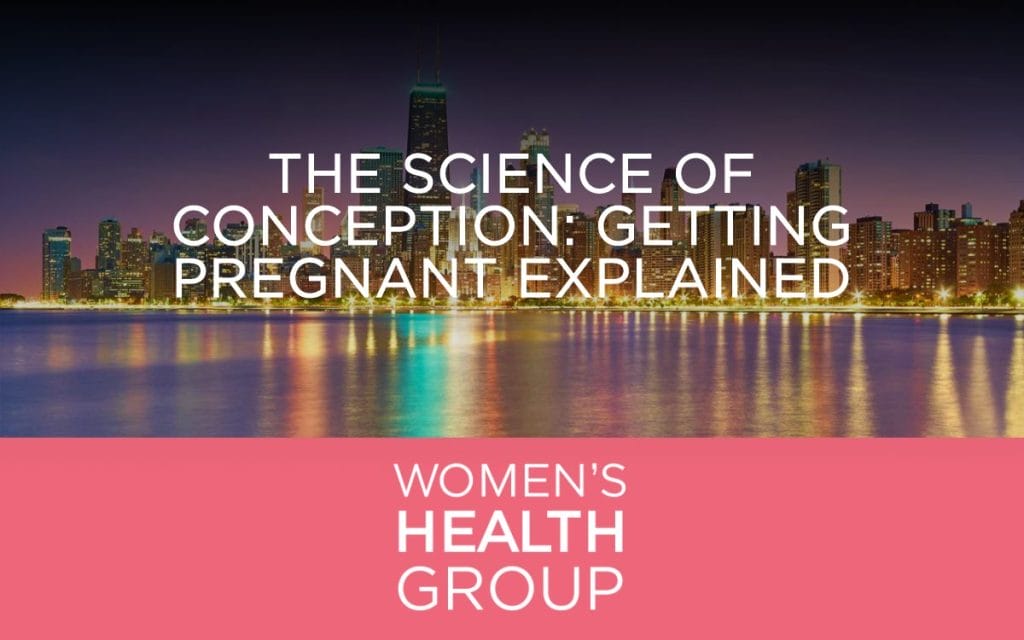Understanding Conception: A Fundamental Step Towards Pregnancy
Whether you’re planning to start a family or already trying to conceive, understanding the science of conception is necessary. As experts in the field, we at Women’s Health Group, an Obstetrician-Gynecologist based in Chicago, Illinois, are here to provide the valuable knowledge you need to take your first step into motherhood. Here’s an insight into the enigmatic process of conception and some conception tips to increase your chance of getting pregnant.
Demystifying The Conception Process
Conception is a complex procedure, and it begins much before sperm meets the egg. A woman’s body prepares itself for conception every month by undergoing changes that set the scene for a possible pregnancy. Here’s a simple breakdown of events that add up to conception:
1. The first day of menstruation marks the onset of the menstrual cycle, serving as a reset for potential pregnancy.
2. Around the mid-cycle (typically Day 14-16), ovulation occurs. This process entails the release of a mature egg from the ovaries that travels down the fallopian tube, ready to be fertilized.
3. In case of sexual intercourse around this time, millions of sperm compete to penetrate the egg’s outer layer.
4. The fastest and strongest sperm successfully fertilizes the egg, leading to the creation of a zygote.
5. The fertilized egg or zygote now traverses down the fallopian tube to get implanted in the uterus’s soft lining.
6. Upon successful implantation, the production of the hormone Human Chorionic Gonadotropin (HCG) begins, an early u0022sign of pregnancy detected by pregnancy tests.
While this journey might seem straightforward, several factors can impede or facilitate conception.
Factors Influencing Conception
The most significant influence on conception is timing. Pinpoint accuracy of the ovulation period plays a crucial role, typically 12 to 24 hours when an egg can be fertilized.
Beyond timing, age significantly impacts fertility. As a rule, women’s fertility starts to decline at 30, accelerating after 35 due to lower egg quality and quantity.
Lastly, lifestyle factors like smoking, alcohol consumption, weight, stress, and nutrition can also impact conception. These factors can lead to hormonal imbalances and decreased fertility in both men and women.
Successful Conception: Essential Tips
When it comes to successful conception, planning and understanding your body’s fertility signals are crucial. Here are some conception tips to set you off on the right foot:
– Monitor Your Cycle: Learn the signs of ovulation like change in cervical mucus, mild pelvic pain, or increase in basal body temperature. Use ovulation predictor kits if necessary.
– Strategic Timing: Having regular, unprotected sex every two to three days throughout your cycle, especially in the five days before and on the day of ovulation, will increase your chances.
– Healthy Lifestyle: Ensure a balanced diet, regular exercise, but avoid excessive physical or emotional stress. Limit caffeine and alcohol intake, quit smoking, and maintain a healthy weight.
– Medical Check-up: Before trying to conceive, women and their partners should consider a preconception checkup to discuss any potential health risks.
When understanding these conception tips, it is important to be patient and realize that every body is different. For more personalized advice and support, we strongly recommend discussing your plans with a healthcare professional.
When to Seek Professional Help
If you have been trying to conceive for over a year (or six months if you are over 35) without success, it might be a good idea to seek professional help. Infertility can be due to various causes, both in men and women. In some cases, simple lifestyle changes and medications can help. Some individuals or couples may need assisted reproductive technologies (ART) like In-vitro fertilization (IVF). The sooner you seek help, the better your chances of overcoming any difficulties.
The Journey to Conception: A Joyous Venture
Understanding the complexities of conception can seem daunting but remember; it’s a natural process cultivated over millions of years of evolution. We hope this comprehensive look at conception, along with top conception tips, have better prepared you for your journey to parenthood.
Remember, every woman’s journey to conception is unique. Therefore, while these conception tips will provide a general guide, always consult with your trusted healthcare professional for personalized guidance and treatment if necessary. Here at Women’s Health Group, we are dedicated to providing the education and support you need in your journey to conception. Trust in the process, believe in your body, and never hesitate to seek the help that you need.
Embark upon this exciting adventure with patience, perseverance, and positivity. Your wonderful journey towards nurturing a new life has just begun!




